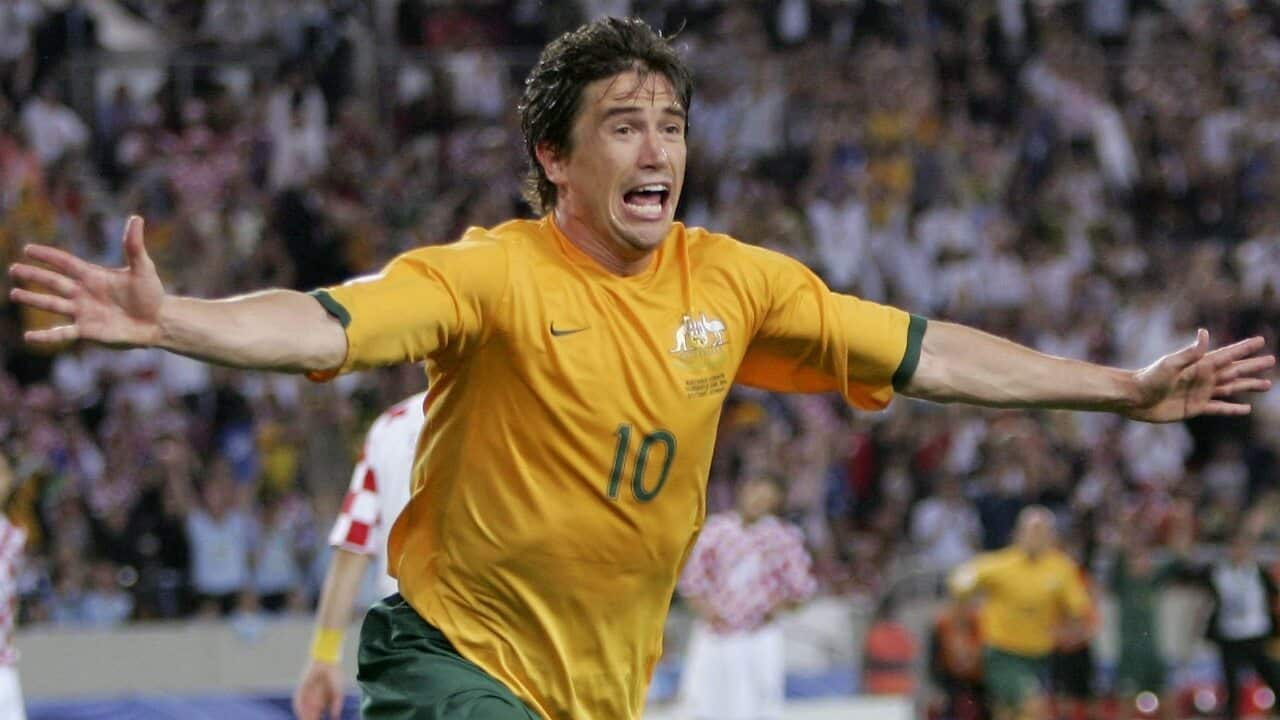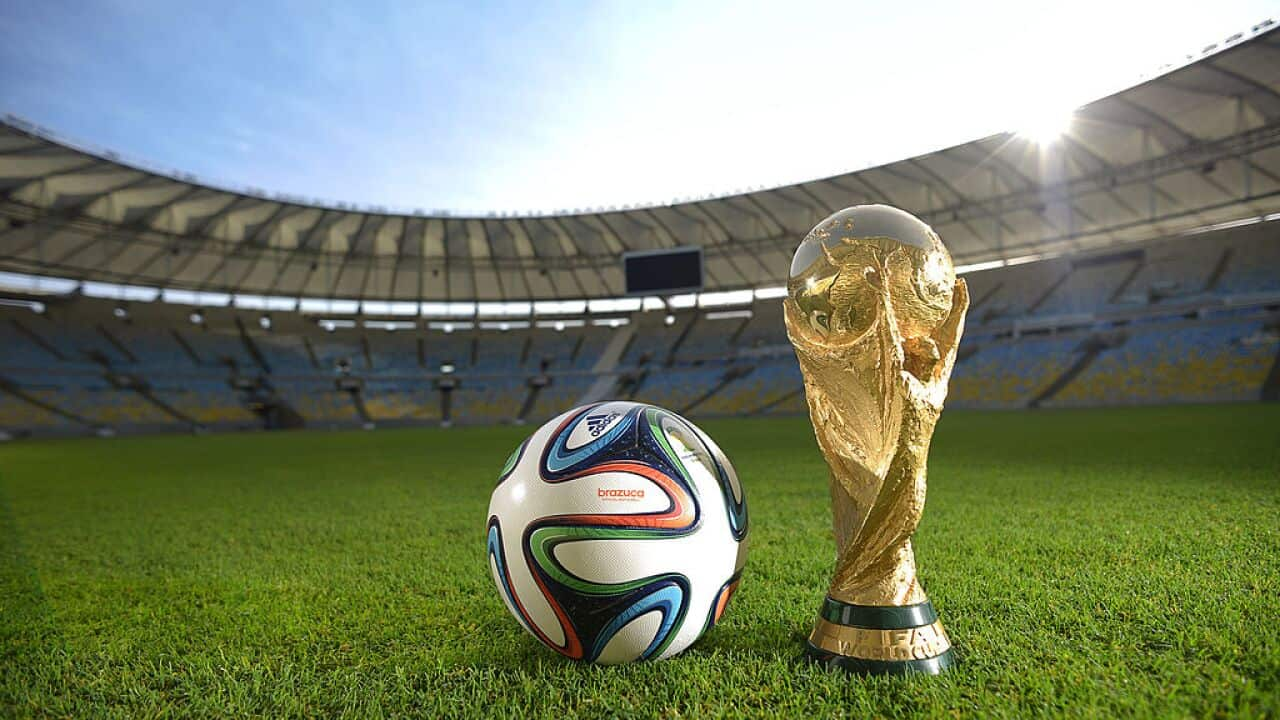The FIFA World Cup should be thoroughly reviewed in all aspects and expansion is not, in itself, negative.
However, as always, the process is clouded by self interest, political expediency and the residual stench of what commercialisation represents at FIFA and this taints the discussion, so low is our trust of any major decisions, particularly where our beloved World Cup is concerned.
There are reasons to oppose and be very concerned about World Cup expansion to 48 teams but, firstly, Australians should avoid hypocrisy being one.
What worries me as much as any politically motivated changes to the World Cup, is what Infantino could do next. Instead of a full overhaul, we now have business as usual, with another suit who learned his ethics in a flawed system and has already shown he plays the game better than most.
Instead of a full overhaul, we now have business as usual, with another suit who learned his ethics in a flawed system and has already shown he plays the game better than most.

If Infantino got in through paying out, he has only doubled down since.
However, the underlying principle behind expansion is sound, to ensure greater representation for underrepresented areas of the world but the format is a complete gamble. Better would have been to trial the format at youth level and review but, then, that would not have suited Infantino quite as well.
Neither is commercialisation an evil until it is treated as one. Handled ethically, more funds for developing nations are critical to enable their development but they should not come at the expense of the financial health of the host country, like Brazil. As a relatively wealthy nation, it is easy to underestimate the value of more funds trickling down, despite our understandable misgivings about its use as a political tool and corruptive influence.
As traditionalists, we feel a deep affinity with what we know, and change in football always comes with pain. Most often, the larger, successful nations seek to maintain the status quo to their own ends.
The European Cup changing to the Champions League was an example. Many said the ‘weaker’ nations would impair the lustre of the competition. Quite the opposite occurred. And without access, smaller nations cannot develop.
So, too, Chinese football. Spending money (yes, erratically) at immense levels to attract players from elsewhere is immediately condemned by European clubs who have, um, er, been spending money at immense levels through the game’s history to attract players from elsewhere.
We are also a case in point.
We abandoned Oceania for our own purposes, gained the political support of Blatter to join Asia and were in unanimous support. Plenty in Asia felt, and feel that it is improper but our development as a football nation with strong competition is most important to us. Access to four guaranteed spots also gives us the opportunity to avoid the do or die scenarios of the past, and we grow quickly through three consecutive appearances, the last two being directly secured.
But how did Asia get four and half spots? Through expansion from 24 to 32 teams in 1998 (in 1974, Asia and Oceania had one spot combined; Asia one in 78; three and a half in 98 and four and a half in 2002). Let us be careful we do not oppose others having the same chance, like immigrants closing the borders. We must be for the broadest possible football church, as we were once on the very extremities.
Let us be careful we do not oppose others having the same chance, like immigrants closing the borders. We must be for the broadest possible football church, as we were once on the very extremities.

Oceania will now have a direct spot, finally. But Oceania offers us nothing. Not commercially, competitively or strategically.
Our purpose is not to quality for the tournaments, it is to win the male and female World Cups, and that takes an excellence we can only acquire against better competition. It is painful, but necessary. Football is also aligned with our political and commercial future as a nation, and this is vital for the game.
As to the format, the knockout rounds, whether Champions League (albeit, two legs) or World Cups are preferable. The Italy match remains one of the most heart stopping moments of tension most of us have ever experienced.
Much of the tournament’s development has been through political compromise and there is ever a struggle between the entrenched, successful nations and emerging ones, like us.
There is everything right about conducting a full review of the FIFA World Cup size and access to developing nations, the pillaging of local economies through commercial rights and tax exemptions, the absence of basic human rights provisions in the bid process, the bid process itself and the fair and strategic allocation of spots to the six Confederations.
As usual, though, FIFA went straight to the money.












